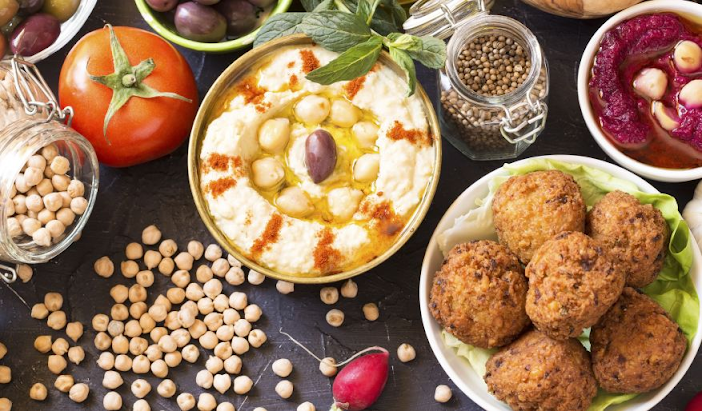The Muslim communities across the world celebrate Ramadan with faith. While keeping fast in the holy month of Ramadan, the energy level drops. There is a change in the eating, drinking and sleeping schedules of the people during Ramadan.
Top 5 tips
to maintain energy levels
Here are the top tips to maintain energy levels while
fasting during Ramadan -
Eat slowly
to aid digestion
When you eat your food during iftar and sahoor, take your
time to masticate every bite of food. Chew your food for at least 30 seconds
before chewing. It will help in the digestion of the food.
It can also make you feel fuller quickly, and then you can
have more energy throughout the day. Enjoy healthy eating by avoiding salty or
deep-fried food. Drink a lot of water after eating healthy food.
Take a
short nap
Power naps can increase your energy. You can also sleep for
30 minutes when you are feeling down. Sleep schedules can also help to boost
happiness, patience and mood.
Take cold
showers
Taking a cold shower can increase your energy. When you
begin to feel drowsy, taking cold showers can help. With high temperatures
during summer, a cold shower can speed up your metabolism and heart rate. You
will feel energetic throughout the day.
Gentle
activity
As your body adapts to fasting during Ramadan, the initial
few days may see a drop in energy levels. Try including gentle activities in
your daily life to increase your energy levels. Include low-intensity exercise
into your day-to-day regime to rejuvenate and refresh yourself.
Divert
your focus away from hunger
If you feel hungry after iftar or sahoor, divert your focus
away from hunger. You can try to focus on something you enjoy such as reading,
writing, decorating the house or listening to music.
Follow these simple tips for a healthier Ramadan.

Comments
Post a Comment